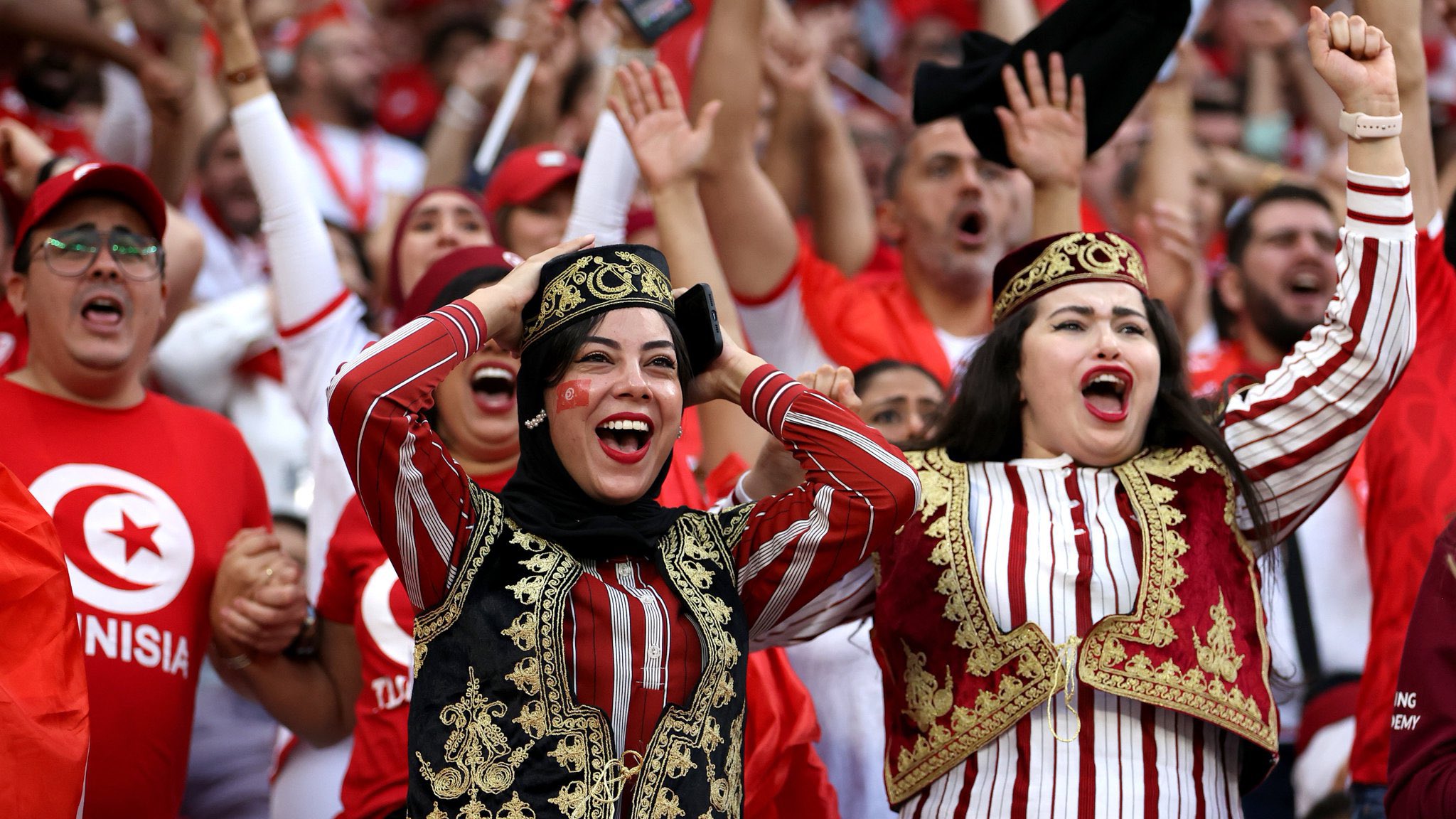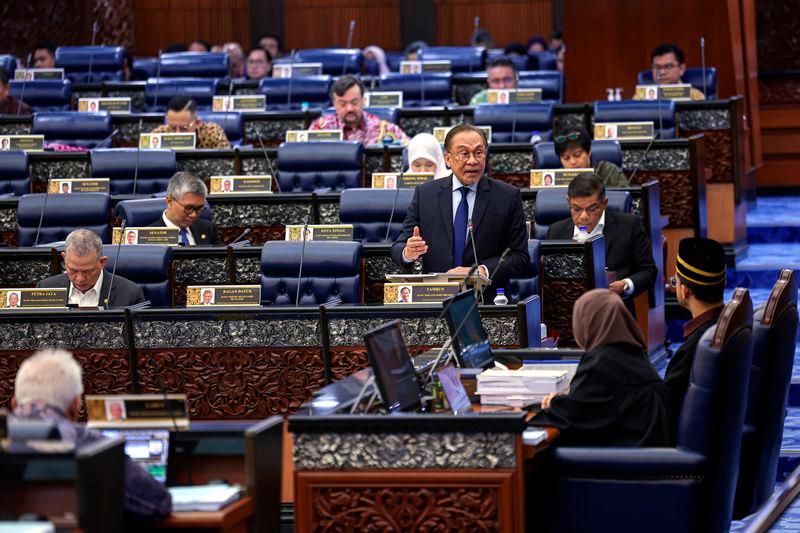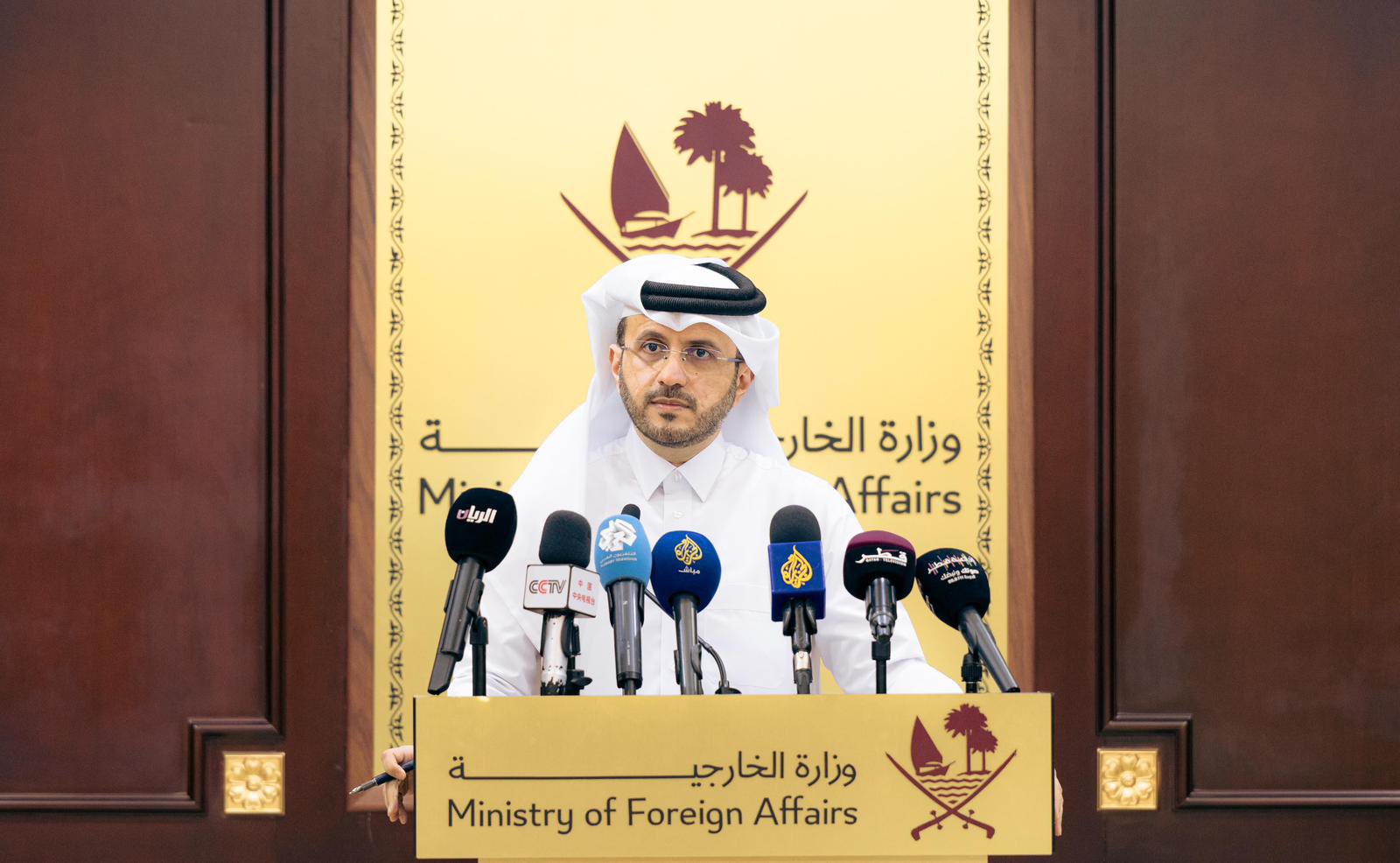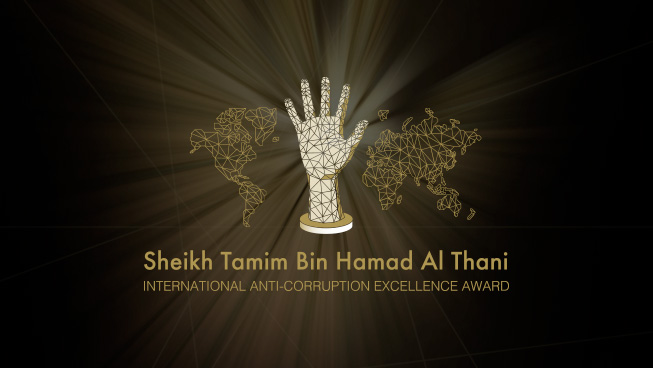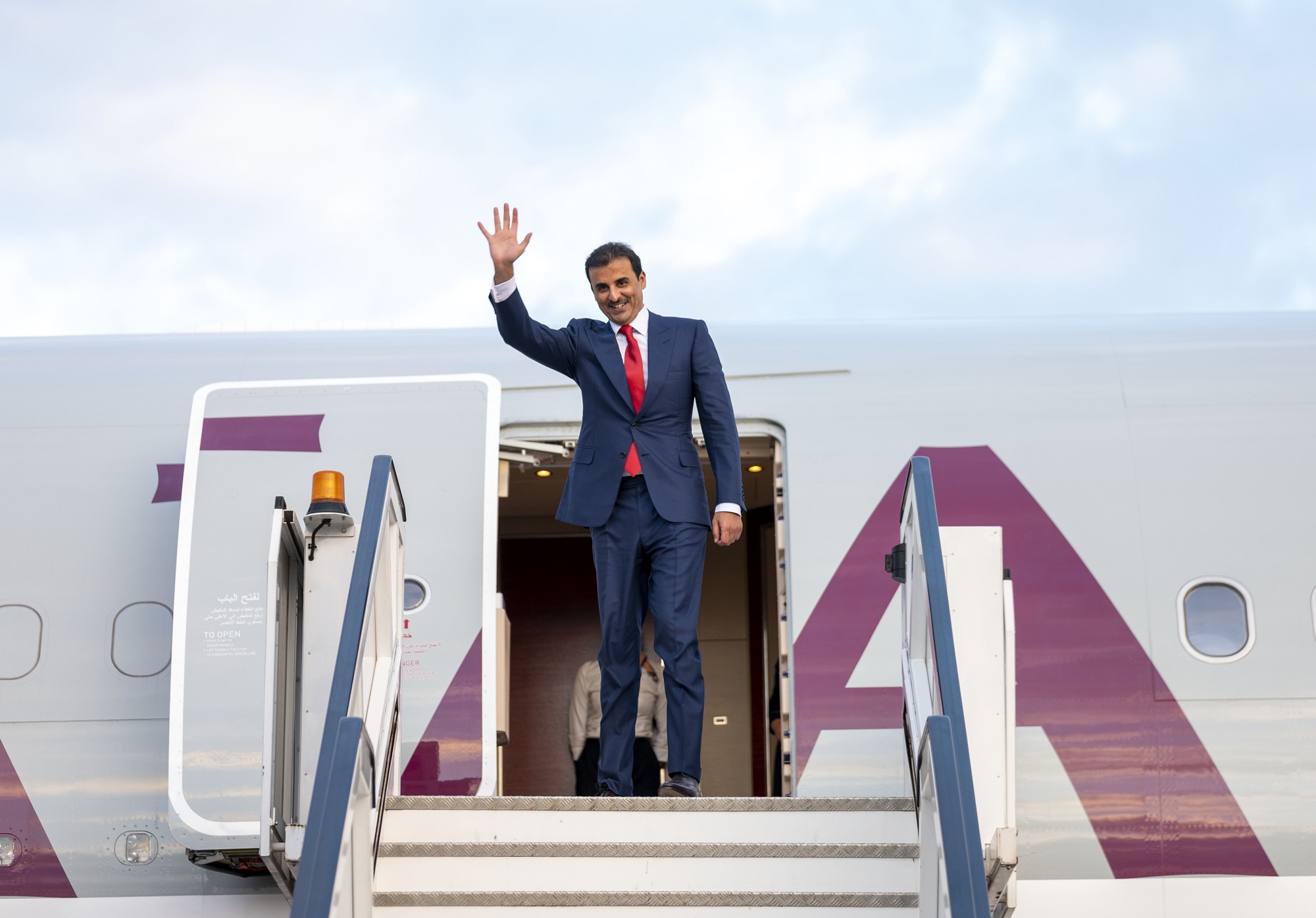Doha was named one of the safest places for “solo women travelers” by a UK-based search engine for vacation rentals, last year.
Experts in New Zealand are envisioning alcohol-free sporting venues after what many viewed as a successful experience at the FIFA World Cup 2022 in Qatar.
Emeritus Professor Doug Sellman, an expert in addiction medicine is now pondering whether spectator experience could be improved by restricting alcohol consumption or by extending areas designated for families with children.
Several stadium owners and sporting organisations claim that alcohol consumption does not pose a major issue at New Zealand stadiums, with Eden Park actually considering “antisocial vaping” to be a bigger problem, reports said.
However, Sellman believes that creating alcohol-free or alcohol-restricted areas could have bear benefits, such as “greater safety for families and more genuine enjoyment of the spectacle and event for all.”
The World Cup in Qatar was widely praised for its security and safety, in which a friendly atmosphere allowed for families to attend without concerns.
Qatari authorities implemented a ban on the sale of alcohol near or in football stadiums, a move that received praise across communities, particularly from families and women.
Alcohol availability at venues and in fan zones was previously guaranteed by the tournament’s organisers, and FIFA reportedly had a $748,020 sponsorship deal with American beer giant Budweiser. However, a last minute decision prioritised safety for spectators.
Female fans attending the tournament said the move helped alleviate the hostile atmosphere associated with the game.
For the first time, no English or Welsh football supporters were detained during the first two rounds, The Times reported and quoted Chief Constable Mark Roberts, head of the United Kingdom Football Policing Unit, as saying.
“Whether it’s with football or the rest of society, it is an indisputable fact that alcohol can have a negative impact on behaviour.”
He went on to say the UK should “drop ideas of reintroducing alcohol in the stands” in light of the fan experience in Qatar.
The atmosphere in Qatar was “passionate but friendly”, Robert, who oversees football policing in the UK, said during the World Cup 2022, The Times reported.
During the month-long tournament last year, some English fans last year told Doha News, that they felt comfortable enough to bring their wives and children to a football game and that Qatar 2o22 games was the first time they attended as a family.
Sellman said the FIFA World Cup 2022 games were reported to have been held “without any significant alcohol-fuelled mayhem and undoubtedly the major restriction of alcohol at the games in Qatar generally was the key factor.”
“I didn’t detect any significant lack of enjoyment by the fans in the stadia, in fact the crowds appeared to be having a particularly invigorating and celebratory experience during games.”
For the rest of the world, Sellman stated that there won’t be much change unless “brave governments take a stand against the influence of the alcohol industry in sport, beginning with the dismantling of alcohol sponsorship of sport.”
He said alcohol is a toxic drug, “similar to methamphetamine” and has “the propensity to cause aggression” in drinkers. This is a direct pharmacological effect that can occur to persons who are not typically violent but is more likely to happen to people who are angry, he said.
He says alcohol “is not a health tonic. It erodes vitality, both physically and psychologically”. He reasoned that it made no sense for alcohol to be associated with sports, which are “an enterprise generally seen as something positive for health.”
Sellman, however, maintained that alcohol companies “now control sports”. There is “nothing better for alcohol corporations to be linked with than sport, which has almost religious-type prestige” in New Zealand and other sports-hub countries.
However, Sellman said deterrence could be introduced.
If stadium operators were obliged to pay for the damage “that alcohol they sell at their venues inflicts on individuals and the surrounding communities (vandalism, home violence etc) they would probably immediately cease their promotion of alcohol” and look for sponsorship from companies promoting “less damaging products,” he added.
Security at Qatar 2022
In March, the Secretary General of the Supreme Committee for Delivery and Legacy (SC), Hassan al Thawadi pointed to a “simple statistic” that came out during the tournament which he highlighted as a testament to the high-level safety of the unique Qatar 2022.
“There was not a single arrest of English fans […] Now that’s a testimonial towards the fans and towards the safeness of the environment that Qatar created and harboured”, he noted.
“It is also a testimony towards the approach the security team took towards ensuring that everybody feels safe, everybody feels secure and able to celebrate,” he added.
Around 2,200 England fans received football travel bans for the 2014 FIFA World Cup in Brazil, and about 3,200 people were prohibited from going to South Africa for the 2010 World Cup.
Speaking to Doha News during the tournament, fans said they felt “extremely” safe particularly when compared to previous World Cups where they were “too afraid” to hold their belongings in their hands freely.
Fans also said they were not worried about wearing bags on their backs as they were content that pickpocketing would not occur in Qatar.
An international spectator told Doha News that he found himself walking in the streets of Qatar at night without hesitation due to the safety of the country.

